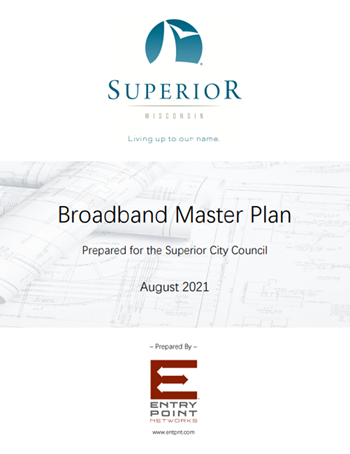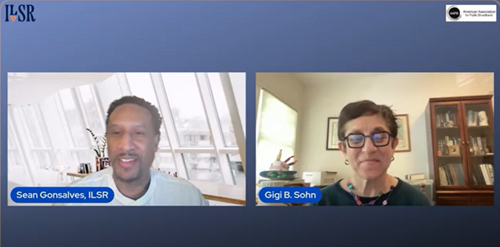Superior, Wisconsin Close To Launching City-Owned Open Access Fiber Network
Superior, Wisconsin officials say they’re getting very close to lighting up the first subscribers of a city-owned fiber network that will finally bring affordable, next-generation fiber access to the city’s long under-served community of 26,000.
“We have phase 1 in the ground and are working with Nokia right now for final configuration and testing,” Stephanie Becken, broadband manager for ConnectSuperior, tells ILSR.
“It's our plan to have our sign-up website ready in the next two weeks, as our two ISPs finalize their connections and offerings pages,” she says. “I'm hopeful we'll have drops and initial service started by mid-May, but we may be looking at June—there's always something!”

In 2020 the city passed a resolution declaring fiber essential infrastructure. In 2021, the city council voted overwhelmingly to move forward on a deployment master plan developed for the city by EntryPoint Networks.
In 2023 the Superior city council voted 8-1 to approve deployment in the project’s first pilot area: a swath of around 830 homes and businesses lodged between Tower Avenue, Belknap Street, and North 21st streets. But the phase 1 target area has expanded a little since as the city has moved forward on logistics and planning.














